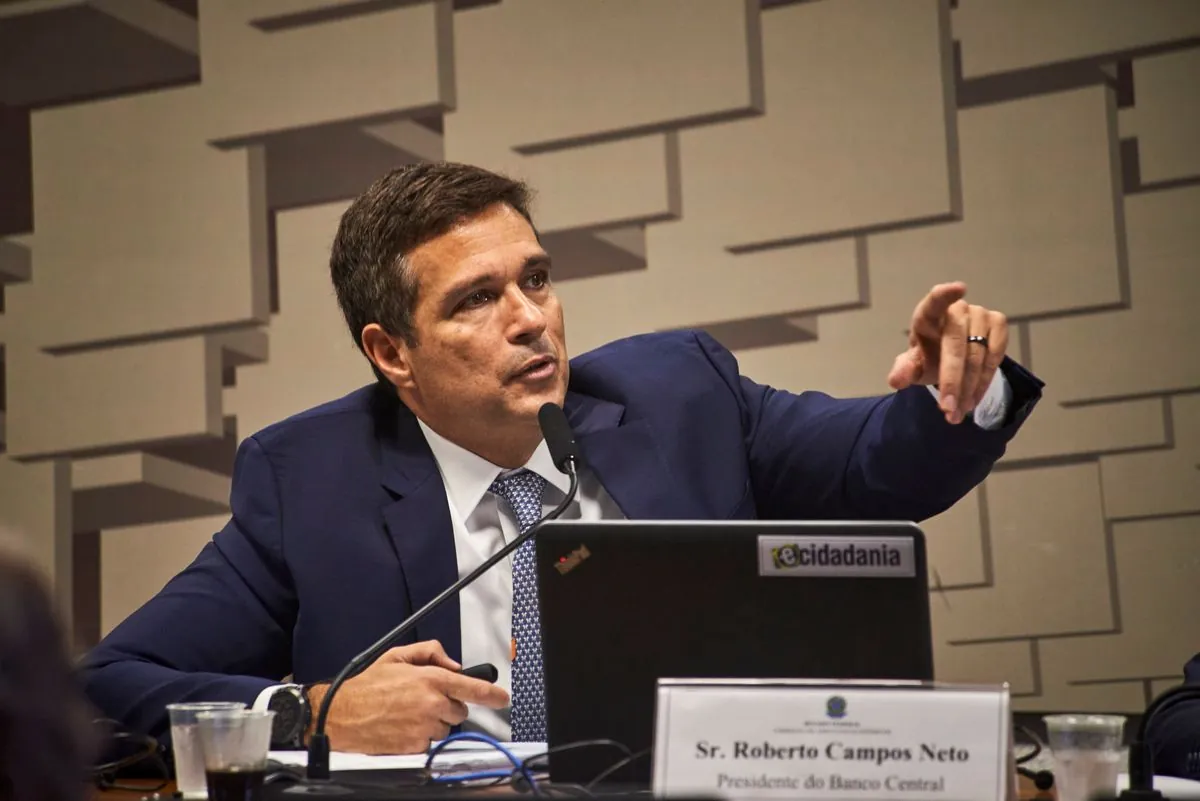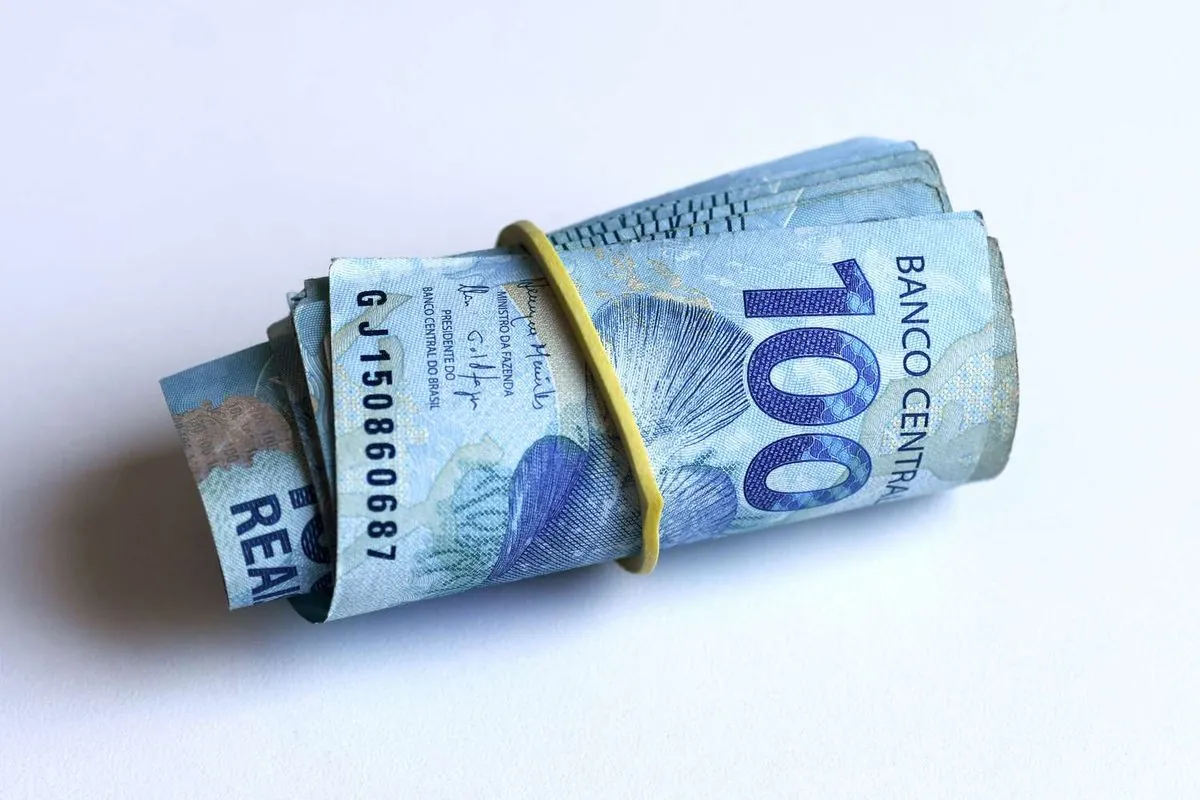Brazil's Central Bank Aims to Reduce Policy Uncertainty Amid Leadership Transition
Brazil's central bank focuses on lowering risk premium and maintaining policy consistency as leadership change looms. Economic activity surprises positively while inflation concerns persist.

Roberto Campos Neto, the current head of Brazil's central bank, has emphasized the institution's commitment to reducing the risk premium associated with monetary policy uncertainties. This statement comes as the bank prepares for an imminent leadership transition, with Campos Neto's term set to conclude in December 2024.
During an event hosted by Barclays, Campos Neto noted a slight decrease in the risk premium, stating, > "It's a game of credibility, we need to continue demonstrating coherence."
The central bank, established in 1964, has been focusing on maintaining a consistent message across its board members. This approach aims to reinforce the bank's data-dependent stance and its dedication to achieving the inflation target, currently set at 3.25% for 2024 with a tolerance interval of 1.5 percentage points.

Brazil, the largest economy in South America and the 9th largest globally by nominal GDP, has a history of economic volatility. The country experienced hyperinflation in the late 1980s and early 1990s, leading to the introduction of the Brazilian real (BRL) in 1994. Since then, the central bank has played a crucial role in stabilizing the economy, adopting an inflation targeting regime in 1999 and gaining formal autonomy in 2021.
Gabriel Galipolo, a potential successor to Campos Neto, has recently made hawkish remarks that have helped strengthen the Brazilian real following a depreciation against the U.S. dollar. However, uncertainty remains regarding the next central bank leader, with President Luiz Inacio Lula da Silva yet to confirm his choice.
The central bank's latest minutes reveal that board members now perceive more upside than downside risks to inflation. This perspective comes after the 12-month inflation reading showed an increase to 4.5% in July 2024. Despite this, Campos Neto expects upcoming inflation figures to be lower and notes that economic activity continues to surprise policymakers positively.
Brazil's economy, part of the BRICS group of major emerging economies, is diverse with strong agricultural, manufacturing, and service sectors. The central bank, with its board of nine directors, uses the Selic rate as its benchmark to control inflation. As the country continues to implement economic reforms, the focus remains on maintaining stability and credibility in monetary policy, regardless of leadership changes.
"If hiking rates is necessary, we will do it. People are now understanding that regardless of who is in charge of the central bank or who the directors are, the direction is set."
As Brazil navigates this period of transition, the central bank's commitment to data-dependent decision-making and inflation targeting remains paramount, reflecting the ongoing efforts to stabilize and strengthen the country's economic landscape.


































